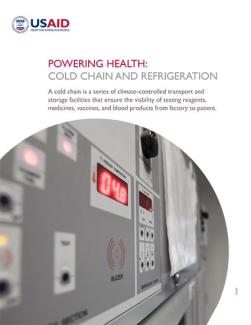Analyze Energy Demand and Supply
Before investing in any energy technologies, a health facility must first understand its current day-to-day energy requirements. An initial energy audit is critical to ensuring proper system design and operation. Learn more

